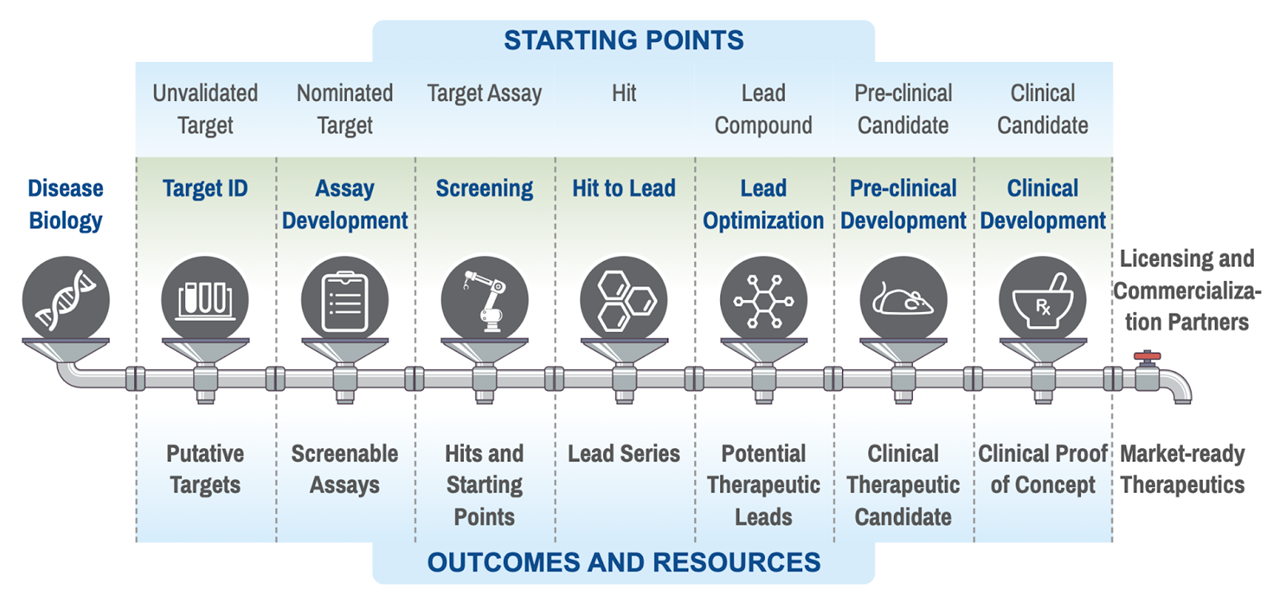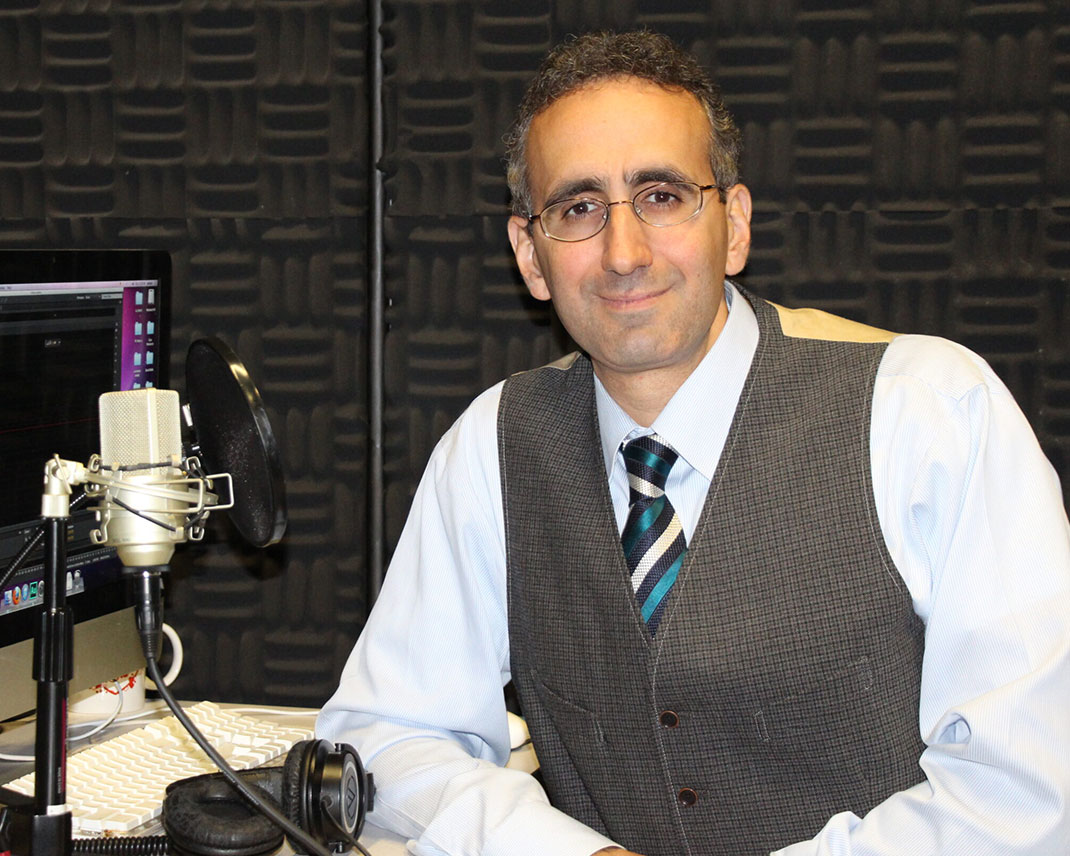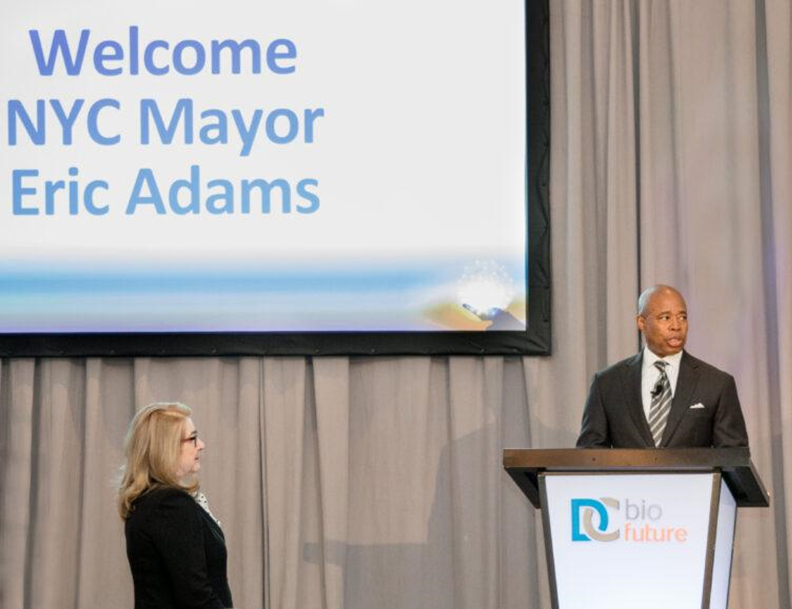Collaboration: The Power of Collective Intelligence
Coordinating all the efforts needed to create the future of healthcare can be as natural as riding a bike.
– Guest post by Susanna Harris, PhD

Imagine riding a bicycle: alternating between each leg, the rider pushes down on the pedals and comfortably glides forward. For how efficient biking is, it only requires an incredibly simple set of movements. Or does it?

Similar to the complex coordination needed to ride a bicycle, every stakeholder in the biotechnology and healthcare ecosystem – investors, entrepreneurs, scientists, physicians, ethicists, lawyers, and elected officials – embodies a unique and integral part of the collaborative process.
Each perspective brings value to the table and helps shape a more comprehensive and robust approach. Investors provide the necessary capital, entrepreneurs drive the vision, and scientists contribute in-depth knowledge, critical for technological creation. Physicians offer frontline insights, ensuring that chatbots truly assist in healthcare delivery, while ethicists highlight moral considerations to ensure patient privacy and trustworthiness. Legal experts navigate complex regulatory frameworks, and elected officials advocate for innovation-friendly policies. It’s a process as complex and interconnected as riding a bike, with each role being critical for the forward momentum.
Consider, for example, the development and commercialization of a groundbreaking new drug for treating type-I diabetes. Decades of research in academic labs—often funded by the government or other non-profit agencies—unearths a promising new chemical compound. Investors provide the necessary capital to support initial research and development, while biotechnologists and scientists offer their in-depth knowledge and expertise critical for the drug’s formulation. Physicians and medical professionals contribute frontline insights, ensuring that the medication truly addresses the unique challenges of diabetes care, while ethicists and advocacy organizations highlight moral considerations to safeguard patient well-being and trust. Legal experts navigate complex regulatory landscapes, and elected officials advocate for policies that promote medical innovation and patient access. This collective intelligence is critical to shaping all types of comprehensive, ethical, and effective healthcare solutions.

The lifecycle of drug development from discovery to commercialization is long and treacherous.
Diagram courtesy of the National Institute of Diabetes and Digestive and Kidney Diseases.
So, how do we foster this bicycle-like coordination and collaboration within such diverse groups? In the spirit of collaboration, I asked an expert on coordinating cross-sector endeavors to weigh in. Jeremy Abbate, Vice President and Publisher, Scientific American, proposes a straightforward solution: spend time together.
“The diversity of voices in the ecosystem is hugely important, but that’s only part of it. There’s just something fundamentally human about people coming together and learning from each other—we’re innately driven to explore and share creative ideas with the people we surround ourselves with. The real power of collaboration happens when passionate people get together – comfortably and informally – and work together to build their futures. Right now is the moment for humanity to come together and say, ‘Not only do we want to solve these problems, we have no choice but to solve them.’”

Jeremy Abbate
VP & Publisher
Scientific American
This is where events like BioFuture come in. They provide a platform for the exchange of ideas, allowing (different sectors to work together in unison). To me, nothing* highlighted this idea more than the 2022 BioFuture kickoff Plenary Session titled “Health at a Crossroads: What is the Path Forward?” Leading founders, investors, and communicators discussed how we need a wide range of stakeholders to collaborate if we want to bring these technological revolutions to life.

NYC Mayor Eric Adams presenting the morning’s opening remarks
*Nothing except maybe when Eric Adams, the Mayor of New York City, gave his opening remarks on how social healthcare policies should create room for cutting-edge technologies like microbiome-based therapies. You could feel the energy in the room swell as Mayor Adams expressed his understanding and enthusiasm for our work.
And why New York? Jeremy has the answer to that one, too:
“There’s just nothing like New York for bringing together people of all backgrounds to embark on creative experience. We’ve seen it happen in the worlds of art, literature, culture, and finance. It’s exciting just to imagine how these effects will play out in revolutionizing the world of life science innovation.”
We’ve seen time and again how our sectors can come together to overcome far greater challenges. Each participant’s unique contribution, like each intricate balance shift and pedal stroke on a bike, drives the momentum of forward progress in healthcare. And just as a bicyclist instinctively adjusts to maintain balance and forward momentum, so too does the biotech community respond and adapt to challenges and opportunities. So let’s keep moving forward together, each of us offering our unique skills, knowledge, and experiences. I’ll see you in October for this one-of-a-kind event!
Be Part of the Change
The BioFuture Conference provides a unique platform allowing innovators and investors to come together to shape the future of healthcare. To join the exciting and ongoing dialogue, make sure to register soon for the 2023 event on October 4-6 in New York City. Stay updated on the latest healthcare conference announcements and developments by joining BioFuture’s mailing list or following the event on LinkedIn and Twitter. Welcome to the future of healthcare!
